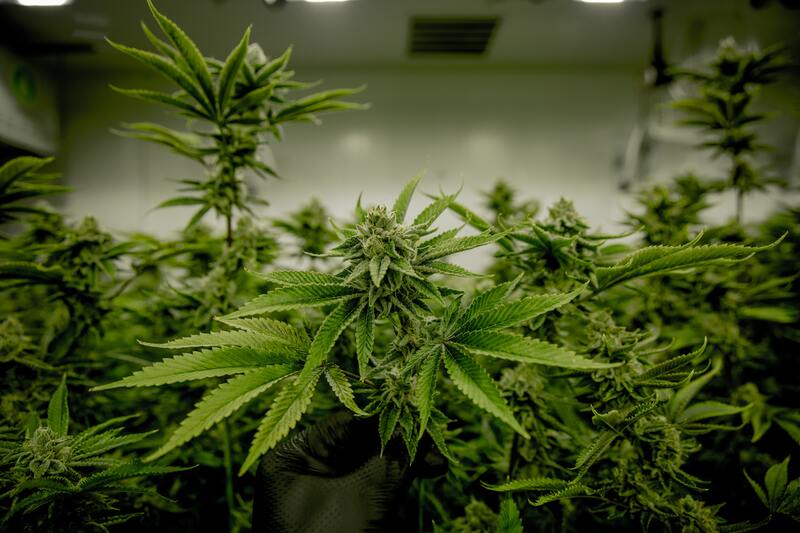In recent years, the world has witnessed a remarkable surge in interest surrounding cannabinoids and their potential health benefits. Among these compounds, THC (tetrahydrocannabinol) and CBD (cannabidiol) have received significant attention. However, there’s another cannabinoid that deserves a spotlight of its own – THCA (tetrahydrocannabinolic acid) from hemp. While still relatively less known, THCA holds tremendous promise and might be a game-changer in the realm of natural wellness.
What is THCA, and how is it different from THC?
THCA is a naturally occurring cannabinoid found in the cannabis plant, including hemp. It is the acidic precursor to THC, meaning that when THCA is heated, it undergoes decarboxylation, a process that removes the “A” (acid) molecule, converting it into THC. THC (also know as Delta-9 THC), as most people are familiar with, is the psychoactive compound responsible for the “high” associated with marijuana.
On the other hand, THCA, in its raw form, does not induce intoxicating effects. This characteristic sets it apart from THC and opens up a whole new world of possibilities for potential health applications.
The Potential Health Benefits of THCA
- Anti-inflammatory Properties: THCA has shown promising anti-inflammatory properties in preclinical studies. Chronic inflammation is linked to various health conditions, including arthritis, neurodegenerative diseases, and autoimmune disorders. THCA may help mitigate inflammation and offer relief to those suffering from such ailments.
- Neuroprotective Effects: Research suggests that THCA may have neuroprotective effects, meaning it could help protect the brain from damage caused by oxidative stress and inflammation. This makes it a potentially valuable asset in the search for treatments for conditions like Alzheimer’s and Parkinson’s disease.
- Antiemetic Properties: THCA might be useful in alleviating nausea and vomiting, making it a potential treatment for those undergoing chemotherapy or experiencing severe side effects from other medications.
- Anti-proliferative Effects: Some studies indicate that THCA could exhibit anti-proliferative effects on cancer cells. However, it’s essential to understand that research is still in the early stages, and THCA should not be considered a standalone treatment for cancer or any disease.
- Appetite Stimulation: For individuals struggling with appetite issues due to medical conditions, THCA may help stimulate hunger and improve overall well-being.
How to Consume THCA
Since THCA is the raw, non-psychoactive form of THC, it is typically found in live or raw cannabis products, including fresh hemp leaves or flowers. Here are some popular methods of consuming THCA:
- Raw Juicing: Some health enthusiasts juice raw hemp leaves and buds, providing a concentrated dose of THCA without the psychoactive effects associated with THC.
- THCA Tinctures: Specialized tinctures that preserve the raw acidic cannabinoids like THCA are becoming available. These tinctures can be taken sublingually or added to food and beverages.
- Topical Applications: THCA-infused topicals, such as balms and creams, can be applied to the skin to potentially target localized inflammation and pain.
Legal Considerations
The legality of THCA from hemp can vary depending on local regulations. While hemp and its derivatives are legal federally under 0.3% Delta-9 THC, it’s essential to verify the laws in your area to ensure compliance.



Leave a comment
This site is protected by hCaptcha and the hCaptcha Privacy Policy and Terms of Service apply.